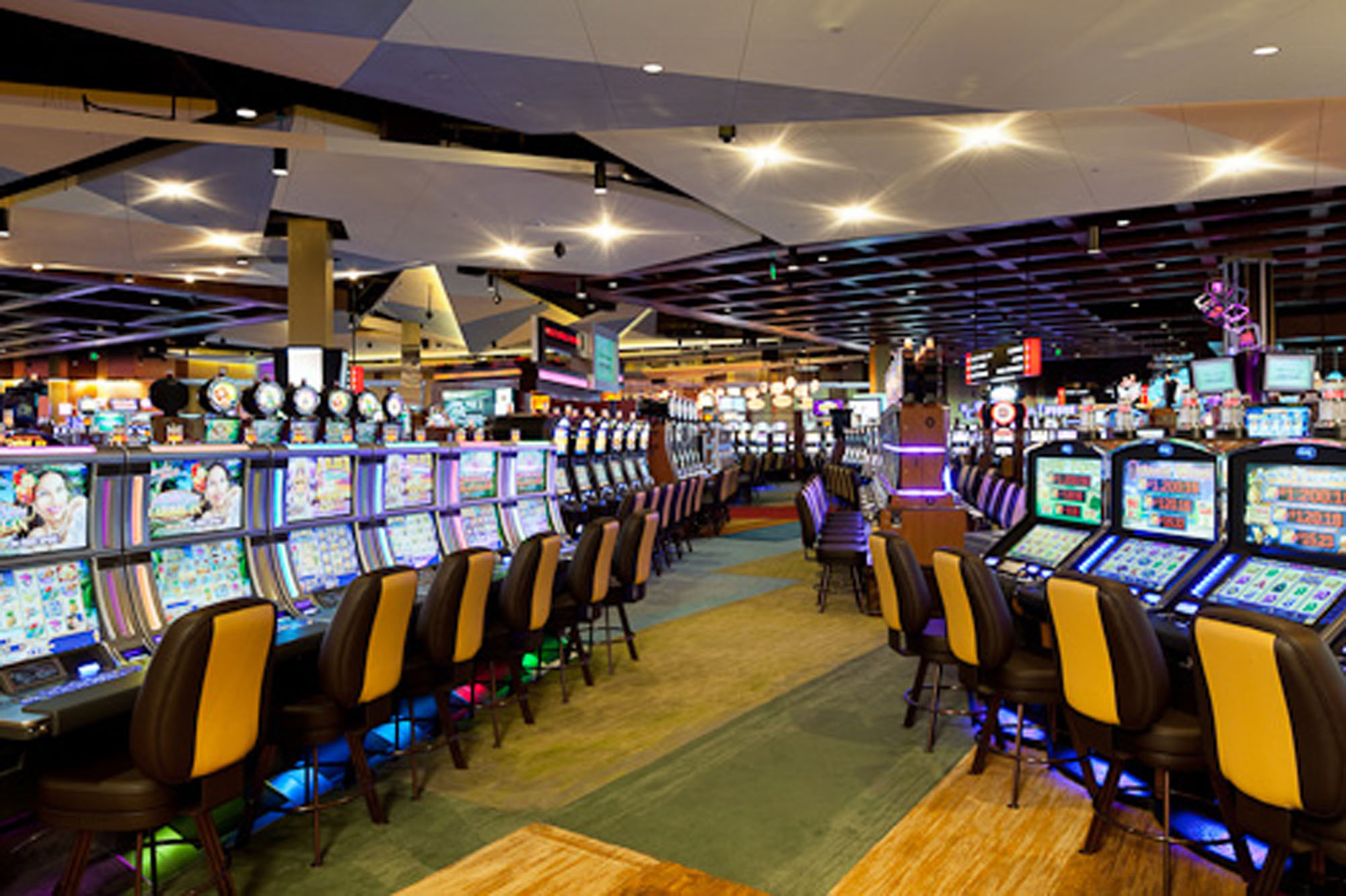Analyzing the Morality of Gaming Gaming

Gambling in casinos has long been a topic of interest and debate, attracting millions of players around the world. With a blend of luck, strategy, and the thrill of uncertainty, casino games offer an exciting escape from everyday life. However, as entertainment becomes ever more available, it invites a more thorough examination of the ethical implications surrounding these games.
At the heart of the discussion lies the issue of whether casinos promote safe gambling or exploit at-risk individuals. The allure of potential winnings versus the truth of losses can create a complex situation, and understanding this balance is crucial for both players and operators. As we delve into the ethics of casino gaming, we will explore the responsibilities of casinos, the impact on society, and the steps that can be taken to foster a better gaming environment.
The Impact of Casino Gaming on Society
Casino gaming has a notable influence on the community, affecting not only the financial landscape but also social behaviors and community structures. The revenue generated from casinos can lead to employment opportunities and boost local economies, as they provide numerous employment opportunities in different sectors including hospitality, leisure activities, and retail. However, while the economic advantages can be significant, communities often struggle with the potential negative impacts that arise from increased gambling activity.
Additionally, the presence of casinos can lead to an rise in gambling addiction, presenting serious challenges for individuals and families. The excitement of casino games can quickly transform into a habitual habit, affecting personal relationships and leading to financial instability. Many players may struggle with the loss of control over their gambling behaviors, resulting in a need for community support services and help to address this increasing issue. The social cost of gambling addiction can extend through families and neighborhoods, creating an urgent need for responsible gaming initiatives.
In addition to the economic and social consequences, casino gaming often showcases cultural attitudes towards uncertainty and entertainment. It can foster a sense of joy and leisure, attracting visitors and boosting tourism. However, this allure may also mask the broader implications of gambling as a form of entertainment, raising ethical questions about its advertisement and availability. As communities weigh the advantages and disadvantages of casino gaming, the need for sensible approaches and regulation becomes increasingly critical in ensuring that the positive aspects are enhanced while reducing the negative effects.
Ethical Issues in Gambling Activities
The ethics of gambling operations often revolve around the potential for addiction and its effects on individuals and families. Betting can lead to serious monetary distress, impacting not only the betters but also their loved ones. As individuals become entrapped in the appeal of winning, many lose track of their budget, which can result in devastating results such as bankruptcy. This raises ethical questions about the duty of casinos in fostering safe gambling habits and providing support for those who may be dealing with betting addiction.
Another critical concern is the promotion of gambling to vulnerable groups. Gambling establishments often aim at low-income individuals or communities with the offer of fast gains, which can perpetuate patterns of financial struggle and hopelessness. In this situation, the morality of advertising strategies used by gambling establishments come under scrutiny, as they may exploit the need of individuals seeking an way out from economic troubles. This manipulation raises moral questions about the integrity of the betting industry and its responsibility to protect its most at-risk patrons. trang chủ j7bet
Additionally, the effect of gambling operations on the community as a entirety cannot be ignored. While some argue that gambling establishments create jobs and boost local economies, others point to the social costs associated with problem gambling, increased criminal rates, and a strain on public resources. Balancing economic benefits with the risk for social harm presents a challenging ethical dilemma for lawmakers and gambling operators alike. The challenge lies in finding a responsible approach that takes into account the welfare of people and society while still permitting for the pleasure of gambling activities.
Oversight Framework and Duties
The oversight structure related to casino games is designed to ensure justice, integrity, and participant security. Different government bodies and gaming commissions create and implement regulations that dictate how gaming games work, the standards for product design, and the processes for managing rewards. These regulations change by region but typically involve permit requirements for operators and rigorous measures to stop fraud and dishonesty.
In furthermore to oversight bodies, gambling businesses bear significant responsibility in maintaining principled standards within their venues. They must enforce responsible gambling practices that encourage player safety and awareness, including providing self-ban options and offering information about the hazards associated with betting. Casinos are also accountable for educating employees to identify signs of problem betting and be aware of the appropriate actions to help visitors in trouble.
Additionally, openness in casino operations is vital for building and keeping public trust. Casinos should provide clear details about the odds of activities, advertising offers, and any related hazards. By fostering an culture of integrity and accountability, gambling establishments can help reduce the likelihood negative impact of betting while enhancing the overall betting experience for all participants.
